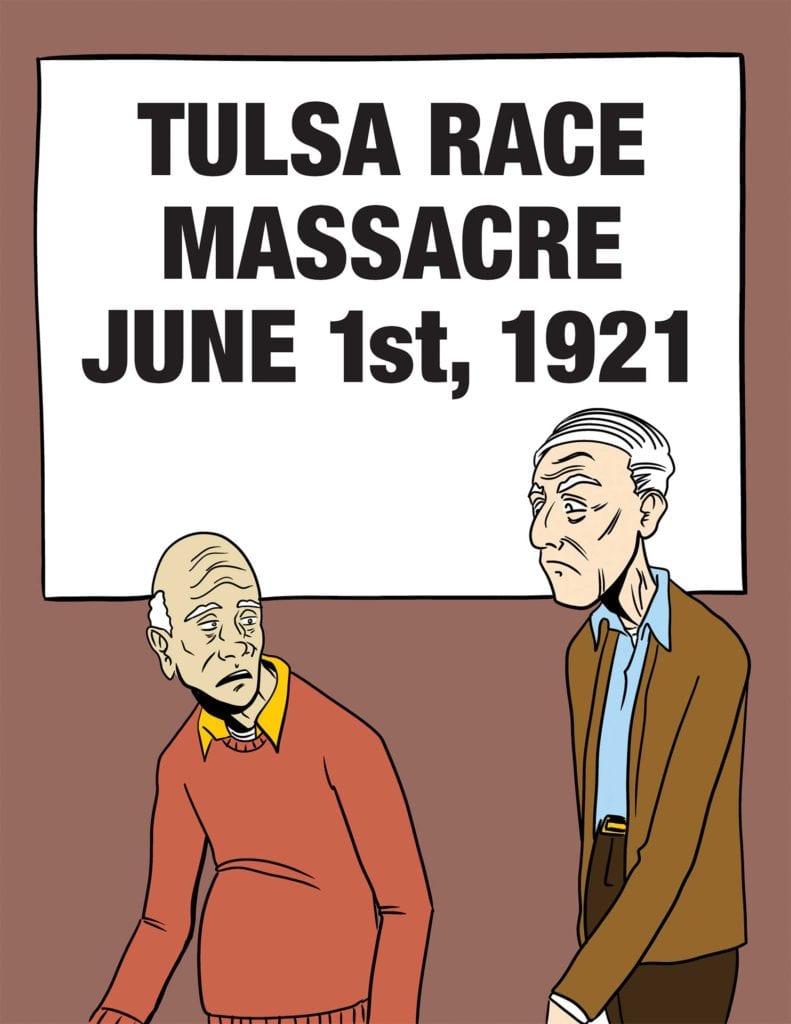
Recent reports indicate that Blacks suffer from a racial inequity in wealth and capital. However, that should come as no surprise. The racial policy in America has been to exclude Blacks from opportunities to acquire wealth. Two such events that occurred only one year and nine months apart are the Elaine Massacre and the Tulsa Massacre.
Elaine Massacre
The first confrontation was in Phillips County, Arkansas. On the evening of Sept. 30, 1919, armed white men attacked a meeting of Black sharecroppers when they met essentially to establish an agricultural co-op in order to get a better price for their crops. The white landowners usually handled the marketing of the produce, but the sharecroppers had become dissatisfied with the special charges that reduced their revenues from sales.
Consequently, the sharecroppers had decided to join the Progressive Farmers and Household Union of America. The white plantation owners made it clear that they did not approve of the move, but the sharecroppers called for a meeting in the town of Elaine. Because of the threats, the sharecroppers posted armed guards outside the meeting.
When the meeting began, armed men sent by the white farmers attacked the sharecroppers, but were repulsed. Reinforcements came and attacked Black women and children as well as field hands. More than 200 Blacks were killed. Also, 67 Black farmers were arrested and charged with inciting violence. A Black lawyer participating in the case, Scipio Africanus Jones, was able to reverse the conviction of 12 of the men who had been sentenced to death.
Tulsa Riot
Oklahoma had just been admitted as a state in 1907. Prior to that, it was known as the Indian Territory, and was settled by Cherokees, Creek, Choctaw, Chickasaw and Seminole tribes who had been forced to leave the southern states, as well as whites from other areas. For many Blacks it was a good place to settle down in a state that was not part of the southern Confederacy.
Blacks developed the Greenwood section of Tulsa that became so prosperous it was called the Black Wall Street. There were two hotels, several restaurants, a lawyer’s office, a drugstore, a grocery store and several shops. Apparently, Black prosperity was too much for whites in Tulsa to endure.
With the same claim that often precedes lynchings, townsmen arrested a Black youth for sexually assaulting a young white girl in a downtown building. When Black men had the temerity to rescue the lad, the white mob began shooting Black citizens. They even brought in the National Guard to aid their massacre of Blacks, and mobilized airplanes to drop fire bombs on the Black community.
Greenwood was demolished, several hundred Blacks became homeless and the exact number of those killed was never known, but it is believed to be more than 100. Many were buried in unmarked graves when the townsmen realized the magnitude of the disaster they had created.
The 100th anniversary of the so-called Tulsa Riot occurred on June 1. It is shocking to learn how well Oklahoma officials have concealed this atrocity. There has been little mention of the massacre in public schools, so even many Black children in Oklahoma are unaware of one of the most inhumane events to have occurred, even in their own town.
There are plans to investigate the event even more thoroughly and provide compensation to the families of those who have suffered loss. Even those who question reparations for slavery should support payment of losses for this brutality.
Blacks should also learn from this that knowledge of the Tulsa Riot was able to remain buried because Blacks have not developed a sophisticated press that would prevent such things from being concealed.






